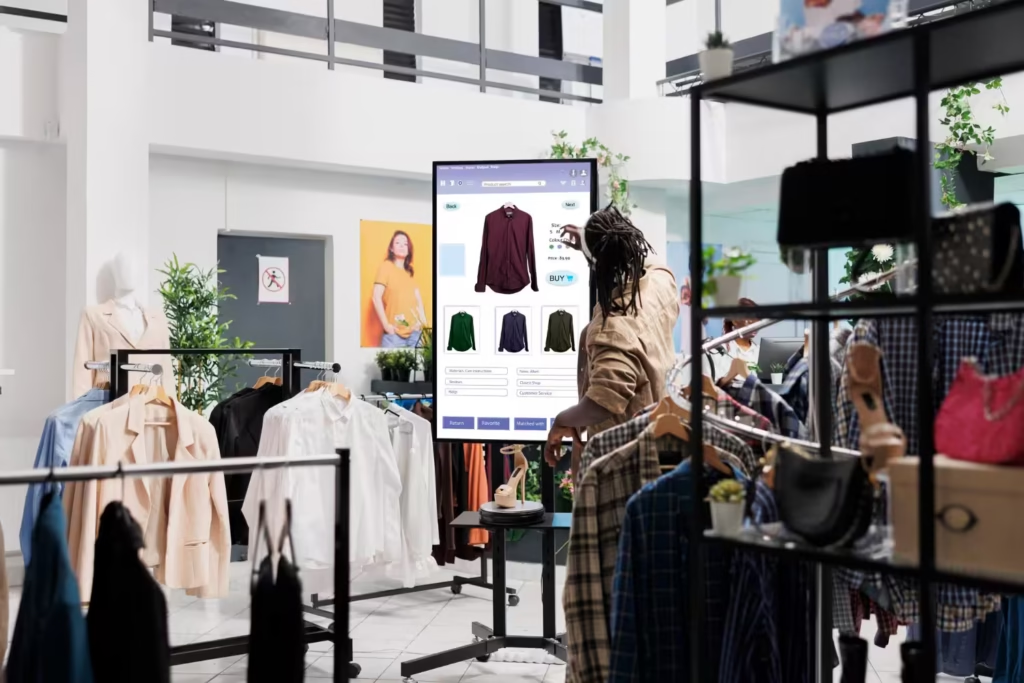AI in Retail: Driving Online Transformation
The retail landscape has changed forever. With the explosive growth of eCommerce and evolving consumer behaviors, traditional retail is undergoing a massive digital transformation. At the center of this revolution is Artificial Intelligence (AI)—enabling smarter, faster, and more personalized experiences for online shoppers.
Let’s explore how AI is reshaping online retail and giving forward-thinking businesses a competitive edge.
1. Personalized Shopping Experiences
Online consumers expect more than just a product—they want tailored recommendations, intuitive search, and relevant content. AI algorithms analyze user behavior, preferences, and purchase history to deliver a hyper-personalized shopping experience.
Example: AI-driven product recommendations (like those on Amazon) can boost average order value and improve customer satisfaction by helping users discover products they didn’t even know they needed.
2. Smarter Inventory & Demand Forecasting
Retailers often struggle with overstocking or understocking. AI tackles this with predictive analytics that monitor sales trends, customer demand, and seasonal patterns to optimize stock levels in real time.
Result: Reduced inventory costs, fewer stockouts, and better fulfillment efficiency.
3. Intelligent Visual Search
AI-powered visual search lets users upload images and instantly find similar products online. This bridges the gap between inspiration and purchase, especially in fashion, home décor, and lifestyle segments.
Example: Apps like Pinterest and ASOS use AI to help users find lookalikes of what they see offline or in photos.
4. Virtual Assistants & Chatbots
AI chatbots are now essential to online customer service. They answer product questions, guide customers through purchases, and even upsell—24/7 and without human fatigue.
Use Case: A clothing store chatbot that helps users choose the right size or style based on their preferences and past purchases.
5. Fraud Detection & Dynamic Pricing
AI systems monitor thousands of transactions to detect unusual activity and prevent fraud in real time. Simultaneously, dynamic pricing algorithms adjust product prices based on market demand, competitor pricing, and inventory.
Benefit: Increased security and profit optimization without manual intervention.
6. Enhanced Customer Retention
AI helps identify patterns in customer churn and recommends strategies to re-engage at-risk shoppers. Whether it’s through targeted discounts, personalized emails, or loyalty programs—AI turns insights into action.
Final Thoughts
AI is not just a nice-to-have in retail anymore—it’s a must-have. As consumers demand more convenience, speed, and personalization, businesses that integrate AI into their online retail strategy will stay ahead of the curve.
From backend logistics to frontend customer experience, AI is driving a smarter, more seamless retail transformation. The future of shopping is here—and it’s powered by AI.



